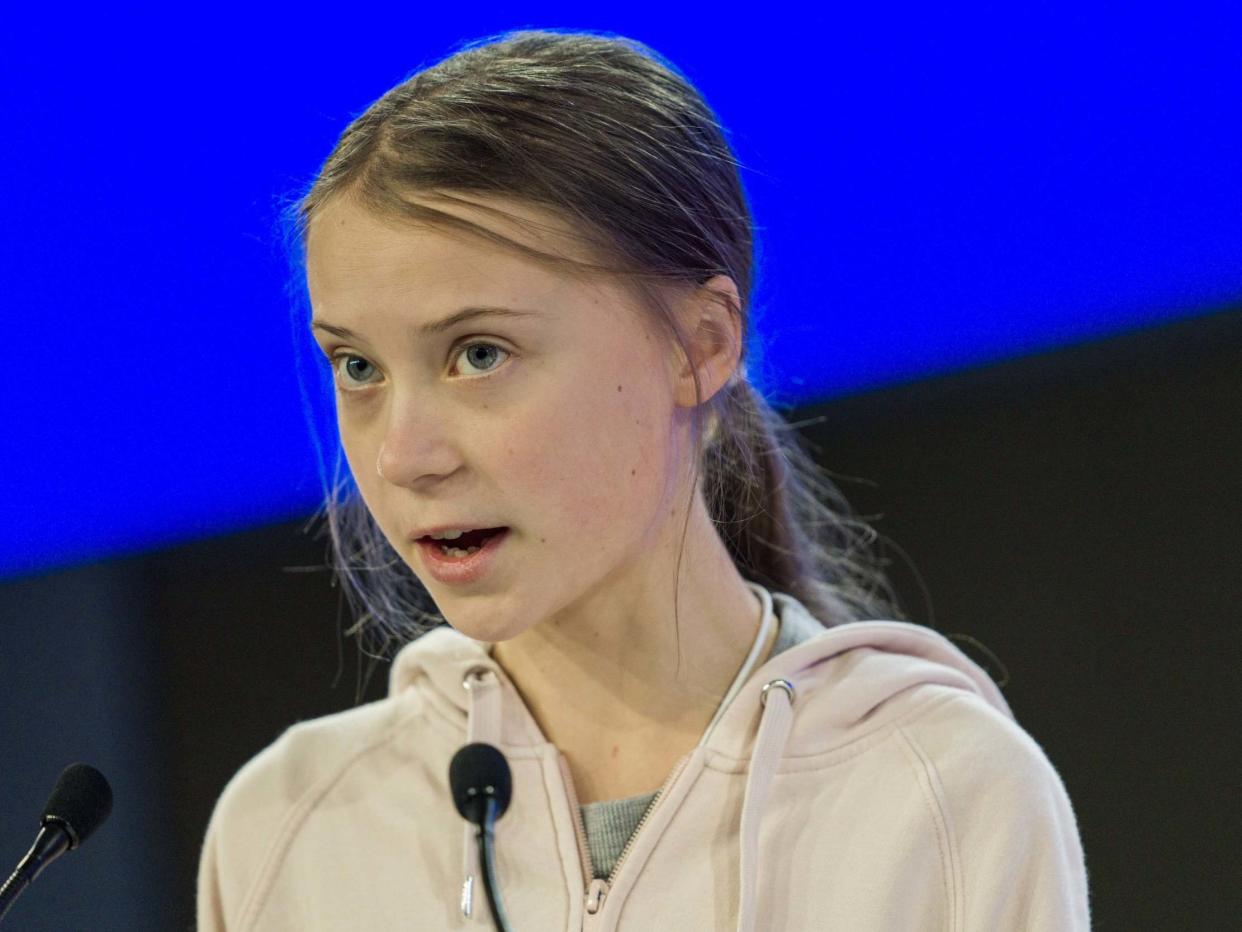Davos doesn't get it – tech isn't the silver bullet of the climate crisis

This year’s annual meeting of the World Economic Forum (WEF) in Davos opened last week with a mood of restrained optimism. After all, the global economy is tootling along: there are generally low levels of unemployment, interest rates and inflation; progress has been made in the China/US trade war; and closer to home, a “Brexit resolution” of sorts.
But fear for the future of the planet quickly cast a shadow on this sunny outlook. All other risks to global stability – wealth inequality, mass migration, conflict – were overwhelmed by concerns that governments and companies are insufficiently committed to combating the climate crisis.
WEF Presenters displayed powerful visuals showing how rising sea levels will disappear large chunks of Shanghai and Florida; former Vice-President Al Gore warned the conference that if we continue at our current rates of consumption, by 2050, there will be more plastic in the ocean than fish. Meanwhile, Greta Thunberg sat impassively on stage with the luminosity of a mystic. Shy yet with a single-minded intensity, the 17-year-old delivered her message that the world must act now to prevent temperatures from swelling above 1.5 degrees.
The WEF’s 2020 manifesto was “stakeholder capitalism”, a model in which corporations have a duty beyond their shareholders to society at large. But as growing pressure from the financial sector reveals, CEOs are struggling to make meaningful strides towards their environmental, social and governance (ESG) goals. Some business leaders accepted the need for concrete government action, such as subsidising renewables, taxing carbon and regulating big tech; others joined civil society leaders to push into new frontiers of sustainability, such as “re-scaling people” and “mind-facturing” smarter cities.
It was significant that geopolitics hardly featured in Davos this year, even in the context of re-configuring an outdated global order. Instead, maintaining peace was about raising awareness that the planet’s future survival depends more today on its disappearing Amazonian rain forests than on nuclear proliferation in the Middle East.
This change in emphasis was difficult for some to absorb, including a group of confused Swiss Davos old-timers who, coated in luxurious furs, were overheard questioning why the climate was featuring so heavily at this year’s forum.
Heads of state who typically attend Davos in the hopes of securing foreign investment this year pitched their sustainability credentials alongside their credit-worthiness.
Among them were Pedro Sanchez (Spain’s on-off prime minister), with his determination to “deliver an ecological transition”; Angela Merkel, boasting of her country’s coal detox and the new EU Commission President Ursula von de Leyden, touting Europe’s Green New Deal.
Meanwhile, The Obama-esque Juan Guaidó, Venezuela’s leader-in-waiting, delivered a deeply moving speech, pledging to bring dignity and prosperity back to his people, emphasising the importance of safeguarding Venezuela and Colombia’s common natural resources – and elicited one of the conference’s few standing ovations.
Davos 2020 was less a new dawn to a greener planet than a dawning to the business community that its time may be up; that their carbon-intensive, profit-dominated ways of doing business are impoverishing life on this planet.
That said, many hoped that climate consciousness could be good for business. A couple of tech industry attendees passing each other in the corridor exchanged briefings. “How’s the future?” called out one. “We won!” replied the other. The Chief Strategy Officer of GSMA estimated that 5G connectivity could add $2.2 trillion to the world economy.
A digitised, 5G-connected and less extractive world should also be more environmentally-friendly and sustainable. And for some, including WEF founder Klaus Schwab, greater connectivity could deliver greater governance efficiency and nanosecond accountability, making the sort of breaches of political trust that have driven the recent populist upsurge more difficult in the future.
Yet Greta had a warning for those who are counting on the powers of technology to solve the world’s climate crisis. Governments need to pass legislation now that incentivises zero-carbon economies, instead of relying on technologies that may never come.
In any case, perhaps next year’s Davos meeting will focus on the new security risks of the 25 billion devices connected to the new internet of things.
Read more
Fact-checking Trump's claims at Davos
Trump targets Greta Thunberg in barely coherent tirade
Action over the climate is making the elites at Davos take notice

 Yahoo News
Yahoo News 
